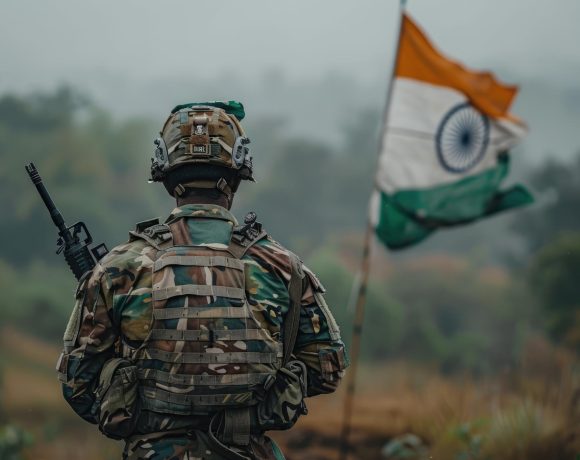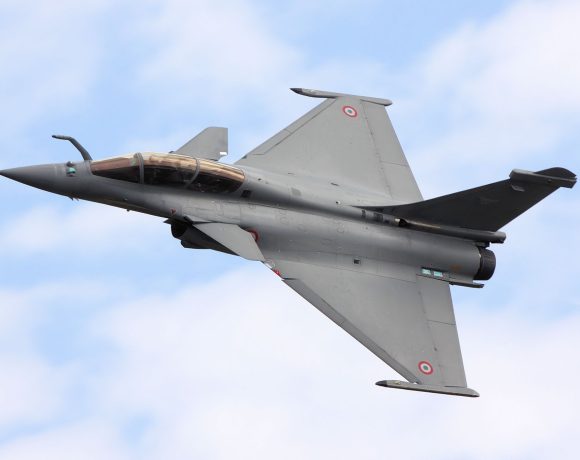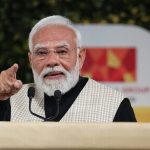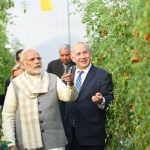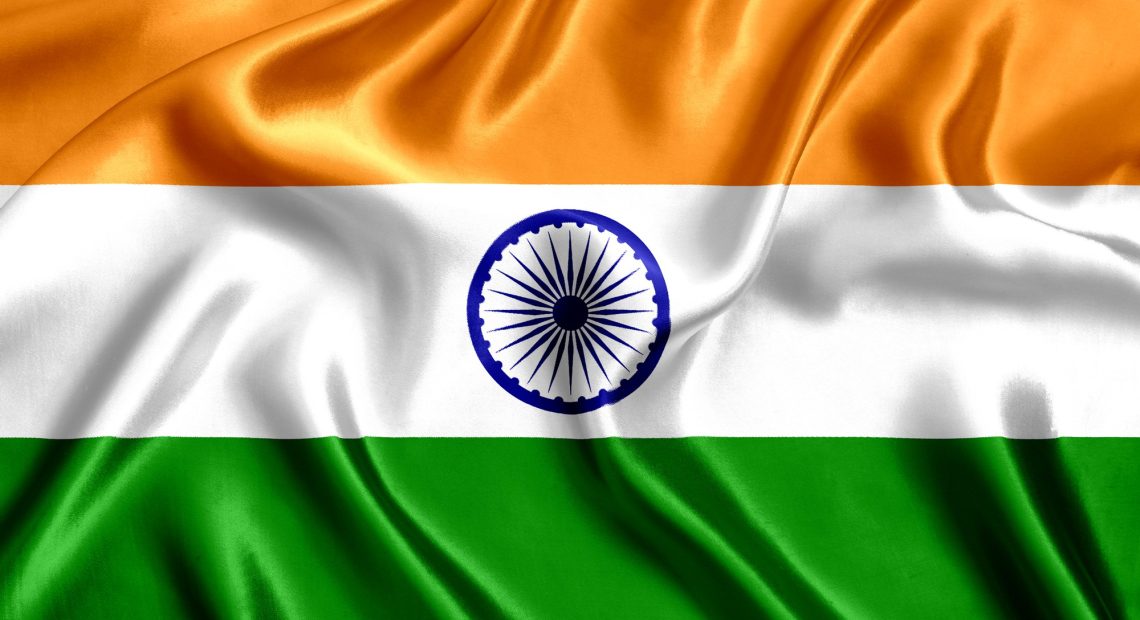
India Condemns Pakistan at UN Over Terror, Water Treaty
India delivered a stern rebuke to Pakistan at the United Nations on May 24, 2025, calling out its decades-long policy of sheltering and supporting terrorists. The statement was made by India’s Permanent Representative to the UN, Ambassador Parvathaneni Harish, who made it clear that the Indus Waters Treaty would remain suspended until Pakistan demonstrates credible action against terrorism.
“20,000 Indians Killed In Terrorist Attacks”: India Blasts Pakistan At UN
Indus Waters Treaty Suspended Post Pahalgam Attack
Signed in 1960, the Indus Waters Treaty has served as a rare symbol of cooperation between India and Pakistan. That cooperation was shattered after the gruesome terrorist attack in Pahalgam on April 22, 2025, which claimed 26 Indian civilian lives. In response, India suspended the treaty on April 23. According to Ambassador Harish, this was a necessary move after years of provocations.
He underscored how Pakistan’s actions have consistently violated the spirit and letter of the treaty—not only by engaging in four wars but also by waging a constant proxy war through terror outfits. “No agreement can survive when one of the parties uses terror as an instrument of state policy,” he said.
Over 20,000 Indian Lives Lost to Terrorism
Ambassador Harish’s address was especially poignant as he reminded the global community that more than 20,000 Indians have been killed in terror attacks sponsored from across the border. He accused Pakistan of funding and training terrorist groups with the specific aim of destabilizing India’s internal harmony and targeting its civilian population.
He also exposed how Pakistan has misused treaty mechanisms to stall vital dam modernization projects, thereby compromising both water security and civilian safety in India. These actions, he claimed, were designed to inflict economic harm and prevent India from developing resilient infrastructure.
Global Community Must Act Against Pakistan
The Ambassador’s speech was not just an indictment of Pakistan’s role in promoting terror but also a call to the global community to act. He urged UN member states to stop shielding Pakistan diplomatically and instead hold it accountable for fostering terrorism. The decision to suspend the Indus Waters Treaty, he stressed, is a sovereign measure taken in the interest of national security and survival.
India’s position at the UN signals a shift towards a more assertive diplomatic approach in the face of persistent cross-border threats. As tensions continue to escalate, the onus is now on the global community to decide whether it will stand by international peace or enable state-sponsored violence by remaining silent.


